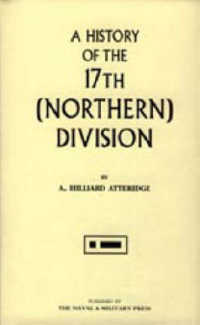- ホーム
- > 洋書
- > 英文書
- > Cinema / Film
Full Description
This book depicts the life of Conrad Veidt (1893-1943), the defining German actor of Expressionist cinema in the 1920s. His legendary performance in Das Cabinet des Dr. Caligari (1919/20) earned him the epithet "Demon of the Screen" and made Veidt an international star. To this day, Veidt is considered an icon of early horror film. He showed his acting range in more than a hundred films, among them masterpieces such as The Indian Tomb (1921), Orlac's Hands (1924), The Man Who Laughs (1928), The Thief of Bagdad (1940), and Casablanca (1942).
Conrad Veidt used his acting career to become socially and politically involved, starting with the film Anders als die Anderen, the first film to advocate homosexual rights, in 1919. After the Nazis came to power, he left Germany to protest anti-Semitism and Nazi rule. Along with his biography, this book provides insights into the development of filmmaking from its beginnings through the 1940s, an epoch of cinematic art marked by technical innovations like sound and color film and by world-shaking events, including two world wars.
Contents
Table of Contents
Acknowledgments
Preface
Introduction
1. Reflections
2. World Premiere
3. The Olympus
4. "My master is waiting for you!"
5. Stage and Film
6. "Let there be light!"
7. Different from the Others
8. "You must become Caligari!"
9. Demon of the Silver Screen
10. Danse Macabre
11. Veidt's Many Faces
12. Conrad "Fight"
13. The Man Who Laughs
14. Sound or Silence
15. Journey into the Night
16. The Other Side
17. Between Fear and Freedom
18. Jew Süss
19. A New Home and Old Friends
20. Cheerful to Cloudy
21. Under a Foreign Flag
22. Over the Rainbow
23. Cinema of War
24. As Time Goes By
25. The Final Curtain
26. The Conrad Veidt Society
Filmography
Chapter Notes
Bibliography
Index








